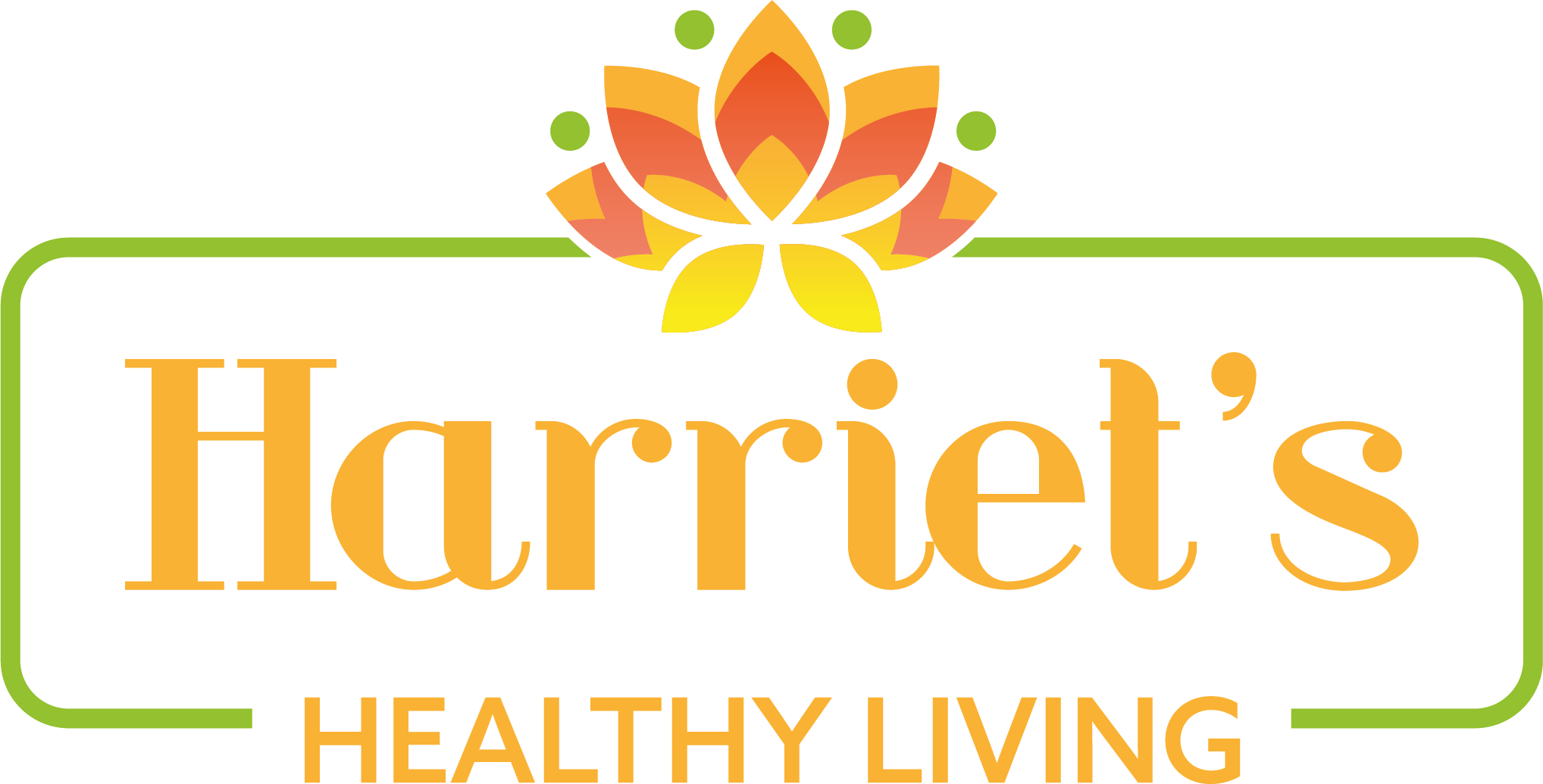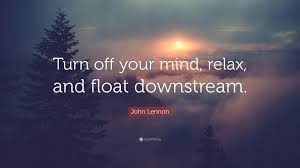So, I’m writing this early one morning as I woke up and couldn’t get back to sleep. I did try but have just accepted that sometimes I just wake up early, so why not get up, embrace it and do something productive.
You see I have had a bit of a challenging relationship with sleep through my life. I had to laugh the other day when I was explaining to my friend about health coaching, and she chuckled in a friendly way, ‘well I wouldn’t come to you for advice on sleep!’
It’s true, I am not the world’s greatest example of sleep. Many of us will be familiar with worries keeping us awake at night, but I also often have the opposite. it’s very often excitement about one thing or another that keeps me awake!
I’ve read many books and listened to many experts on sleep over the years, but nowadays I just try not to make an issue of it. I laughed when I heard one expert saying. an insomniac will very often have every sleep remedy at their fingertips… candles, aromatherapy oils, relaxing music, etc… they are almost trying too hard to fix a ‘problem’. If you consider yourself to have a ‘problem’ that can very often be problematic in itself! I have fallen into that camp very often in the past!
My mum has always said, don’t worry about it. you’ll catch up eventually and aren’t mums so very often so right!
So, these days if I wake early, I just smile at myself. I will try and get back to sleep, trust myself that it is possible to go back off, and often that works. but if not, perhaps I am just excited, and I accept it for what it is and don’t overthink it. Acceptance is a big word that help us in many areas of our lives!!
However, that is not to say that we should not prioritise sleep. It is without doubt a very important pillar of health.
When we sleep our body undergoes very important repair processes, and a good night’s sleep improves our immunity, and our ability to fight infections. It heals us physically and mentally, and impacts our creativity, productivity and memory. Poor sleep can contribute to the development of many chronic health conditions including high blood pressure, diabetes and obesity, dementia, and has a big impact on our emotional and mental health.
Of course, if you are struggling with your sleep it is not always useful to hear this as it can cause further worry and exacerbate the problem. However, it can just be useful to highlight the benefits good sleep can bring.
It can also be helpful to become aware of lifestyle habits you have and how these might impact your own sleep. There are many small practical things we can do to promote good sleep, and these include maintaining a good daily routine, honouring natural light, monitoring our food and drink consumption, and reducing or managing our stress more effectively!
Our bodies respond very well to regular routines, so it can be helpful to live in tune with our natural circadian rhythms. Going to bed at the same time and waking up at the same time can really help to promote good sleep.
Our exposure to natural light also strengthens our circadian rhythms and helps us to sleep well. If we increase our exposure to natural light in the morning, this will help to lower levels of melatonin (a critical sleep hormone) which should naturally rise in the evening as the light fades… Simply taking our cup of tea outside in the morning could have a really positive impact, as can turning down the lights at home in the evening and coming off that damaging blue light from screens! Again, switching off technology 1 hour before bed is something practical, we can all do as is making sure the bedroom is very dark when we go to bed.
Other simple, practical things we can be aware of are our intake of caffeine and alcohol and our mealtimes. It’s a good idea not to drink caffeine after 12, or to eat or drink alcohol late in the evening as these all prevent our body’s natural healing processes from taking place.
However, I think that another significant thing we can all do is to reduce or manage our response to stress better and try and be a bit less ‘busy.’ It is of course easier said than done; relaxation is certainly my biggest challenge, but it is crucial to our health and wellbeing on so many levels and has a major impact on our sleep.
It is important to take time to slow down a bit during the day, to pause, breathe, and catch up with ourselves. If we don’t take time to process things during the day, and dash from one task to another, we cannot expect to just fall asleep when our head hits the pillow. All those small stresses throughout the day increase production of the stress hormone cortisol. This can be useful at work: it helps keep us hyper vigilant, and enables us to perform, but if we are still hyper vigilant when our head hits the pillow that will certainly not promote good sleep! Short breaks during the day such as 5 minutes reading, or a short walk outside may be all you need to slow down and to prevent those stress hormones building up throughout the day.
Also, an evening ‘slow down’ is also helpful to slow down from the busyness of the day. It will be very difficult to sleep if you are still in a state of stress. Preparing yourself for sleep is beneficial, and can be enjoyable…
I am particularly conscious of not working in the evening these days as I know that this really disrupts my sleep. I very often write a diary before bed these days and certainly do my gratefulness practice each night (I write down three things I am grateful for). I find this such a lovely way to end the day.
Very often it is the simplest lifestyle changes that have the biggest impact on our health & it is wonderful that many of these are very much within our control. Taking control of small simple lifestyle changes can help us to be feel empowered….
There are many sleep ‘remedies’ out there, but before reaching for something to ‘fix’ our sleep ‘problem’ it can be useful to take a moment to pause and listen to our intuition. Very often we can discover what might be affecting our sleep and make these small tweaks to our lifestyles.
Instead of seeing our sleep issues as something that needs fixing, it can be more helpful to view it as our body’s way of telling us we need to slow down and nurture ourselves a little. Rather than making a long complicated and rigid bedtime routine to fix our sleep issue, we can maybe just choose a relaxing activity that feels like a treat. For some that might be candle lit yoga, but for some it might simply be soaking in a big bubbly bath with a novel… If we choose relaxing activities that bring us pleasure we are more likely to repeat them so they become regular habits. Sometimes we overthink things… Simple changes are everything.
If you pause a moment to tune into yourself, and discover what helps you to relax, you might just find that elusive sleep, and enjoy all the health benefits it provides…

